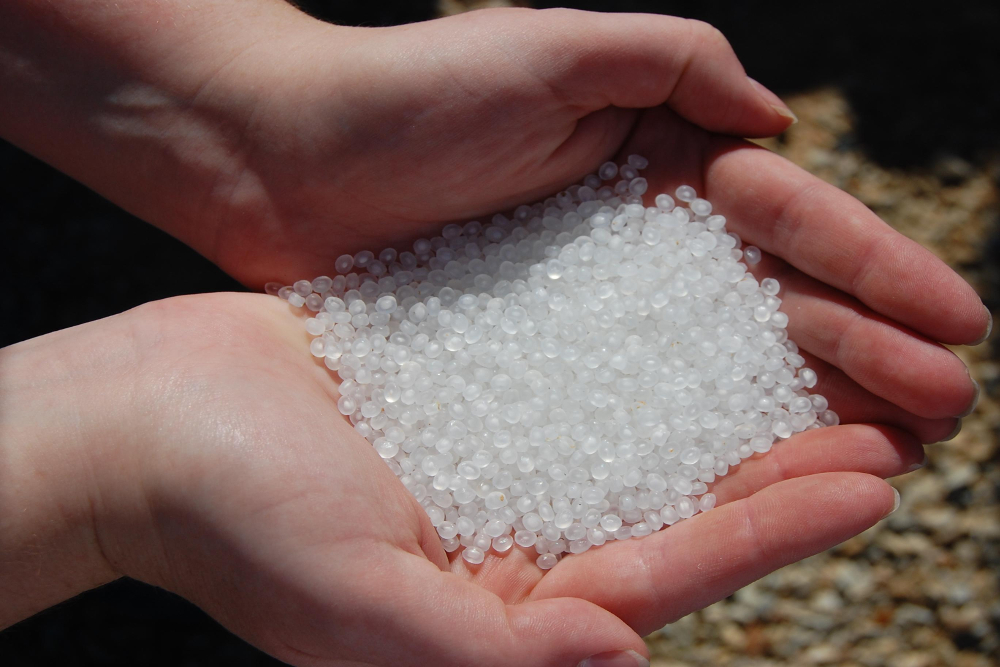
Microplastics Should Be Banned in Cosmetics to Save Oceans, MPs Say
Cosmetics companies must be banned from using plastic microbeads in scrubs, toothpaste and beauty products because of the marine pollution they are causing, say a group of MPs.
August 23, 2016 | Source: The Guardian | by John Vidal
Cosmetics companies must be banned from using plastic microbeads in scrubs, toothpaste and beauty products because of the marine pollution they are causing, say a group of MPs.
Members of the environmental audit committee have called for a ban within 18 months after hearing that trillions of tiny pieces of plastic are accumulating in the world’s oceans, lakes and estuaries, harming marine life and entering the food chain. About 86 tonnes of microplastics are released into the environment every year in the UK from facial exfoliants alone, they were told.
Microplastic pollution comes from the fragmentation of larger pieces of plastic waste, small synthetic fibres from clothing and the microbeads used in cosmetics and other products. The microbeads in scrubs, shower gels and toothpastes are an avoidable part of this plastic pollution problem. A single shower could result in 100,000 plastic particles entering the ocean, said the committee chair, Mary Creagh.
“We need a full, legal ban, preferably at an international level as pollution does not respect borders,” she added. “If this isn’t possible after our vote to leave the EU, then the government should introduce a national ban. The best way to reduce this pollution is to prevent plastic being flushed into the sea in the first place.”
